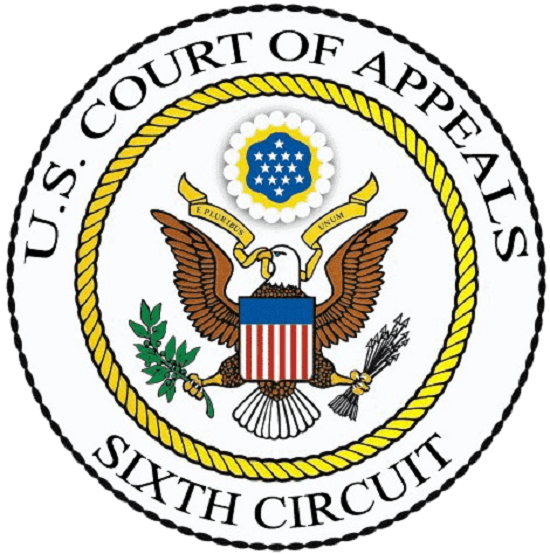Republican Attorney General Derek Schmidt on Friday joined with six other states to challenge the Biden administration’s vaccine mandate for large private employers.
Schmidt joined in the lawsuit with Kentucky, Ohio, Idaho, West Virginia, Tennessee and Oklahoma to challenge the mandate, which forces companies with more than 100 workers to require vaccinations for their employees by Jan. 4 or undergo regular testing.
Earlier Friday, attorneys general in 11 other states, including Missouri, filed suit against the mandate, contending the vaccination authority is a power delegated to the states, not the federal government.
Kansas and Missouri were among at least 26 states that have filed a legal challenge against the mandate.
The Kansas lawsuit, filed with the Sixth Circuit U.S. Court of Appeals in Cincinnati, seeks a stay of the vaccination mandate until it’s reviewed by the court.
The lawsuit seeks a decision on the stay request by no later than Nov. 12, giving time for the states to seek relief from the U.S Supreme Court if it’s denied.
“As I have said many times, I encourage Kansans to be vaccinated, but that personal health care decision should be made by each individual and not mandated by the federal government,” Schmidt said in a statement.
“At a time when Kansas employers and employees are desperately seeking a return to normalcy, this mandate would further disrupt and impede their efforts in private workplaces all across Kansas,” he said.
Washburn University law professor Jeff Jackson said the issue before the courts is an interpretation over the power that Congress gave to the Occupational Safety and Health Administration to enact workplace rules.
He said courts are more willing to strike down an emergency temporary standard – known as an ETS – for vaccine mandates than a regulation that has a certain presumption of deference because it goes through a public comment period.
“I think it’s more likely than not to survive, but it’s far from a sure thing,” Jackson said in an email.
“This kind of an ETS isn’t quite like others, which have dealt with hazards like chemical exposure and the like, but it does seem like something that would fall under the authority. It will be interesting to see,” he said.
University of Kansas law professor Richard Levy noted that the government can impose an emergency standard in certain instances.
He said it can impose an emergency requirement if “employees are exposed to grave danger from exposure to substances or agents determined to be toxic or physically harmful” and if the standard is necessary to protect employees.
“There is certainly a plausible case that the standard is met here, but there are also potential arguments that it is not,” Levy said.
“A court might come out either way on the issue.”
Levy also questioned whether states could argue the Biden administration has exceeded the scope of its authority with the mandate.
“I think that argument is unlikely to succeed,” he said, “because the order applies only to large employers whose activities implicate interstate commerce, which the federal government has the authority to regulate.”
Schmidt joined with six other states in a separate challenge to a Biden administration mandate requiring vaccines for federal contractors and federally contracted employees.
It brought to at least 19 the number of states that are challenging the vaccine mandate for federal contractors – separate from another proposal requiring vaccines for workers in the private sector.
The lawsuit challenging the federal contractor mandate was filed along with Alabama, West Virginia, Utah, Idaho, Georgia and South Carolina.
The case was filed in federal court in Augusta, Georgia.












